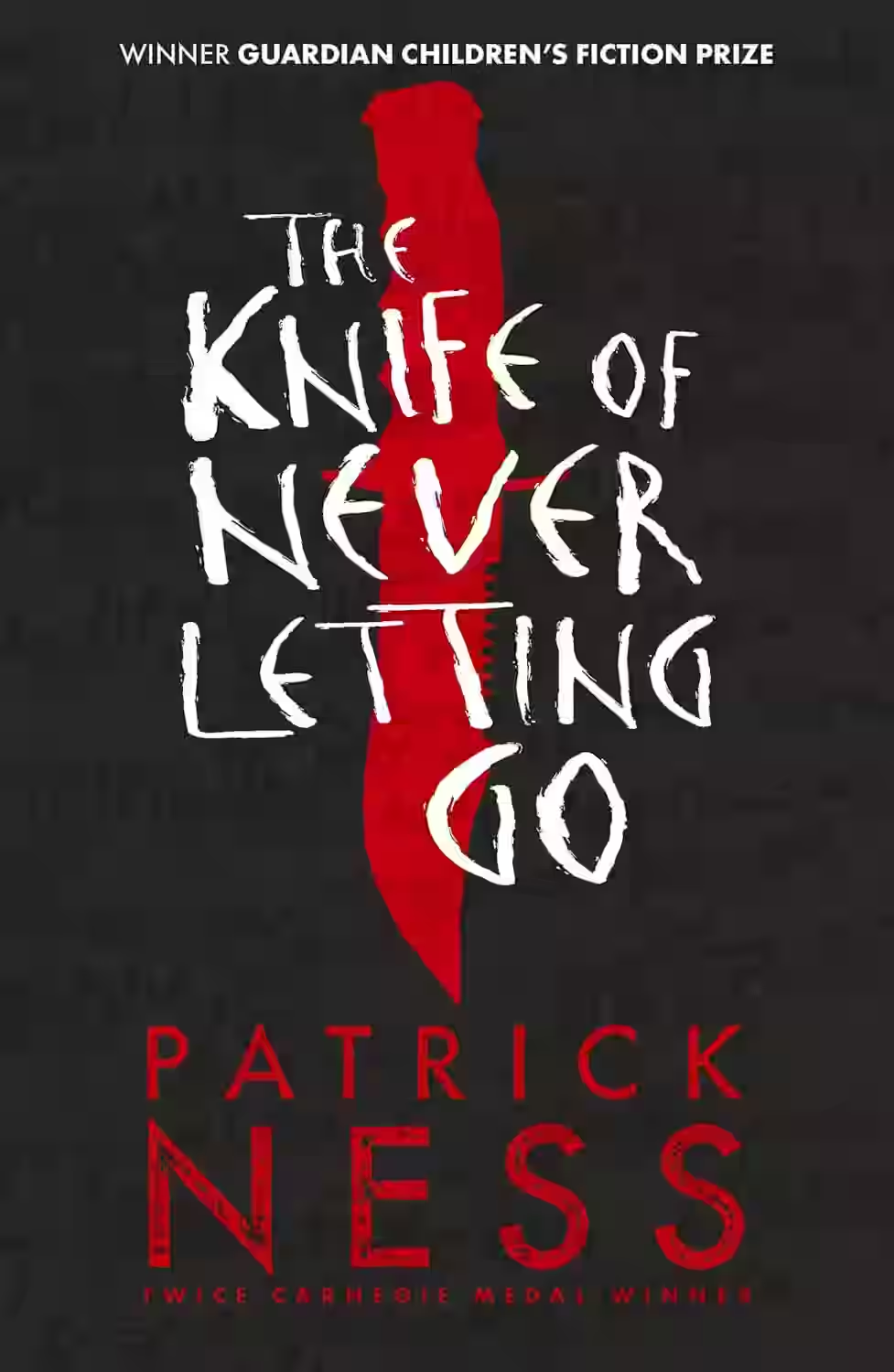
In 'Catching Fire' by Suzanne Collins, the second installment of the Hunger Games trilogy, readers are once again transported to the dystopian world of Panem. The story follows Katniss Everdeen after her victory in the brutal Hunger Games as she unwittingly becomes a symbol of rebellion against the oppressive Capitol. Faced with the consequences of her defiance, Katniss must navigate a dangerous new arena in the Quarter Quell, where the stakes are higher and the challenges more treacherous. Collins expertly weaves themes of survival, sacrifice, and political intrigue into a gripping narrative that keeps readers on the edge of their seats.
About The Hunger Games Series
The Hunger Games series by Suzanne Collins is a dystopian trilogy consisting of The Hunger Games, Catching Fire, and Mockingjay. Set in the post-apocalyptic nation of Panem, the story follows Katniss Everdeen, a strong-willed teenager who becomes a reluctant symbol of rebellion against a tyrannical government. Each year, the Capitol forces children from its districts to fight to the death in a televised event. As Katniss navigates survival, trauma, and political manipulation, the series explores themes of oppression, propaganda, and resistance. Gripping and emotionally charged, the books captivated millions and sparked global conversations, especially after their blockbuster film adaptations.
About Suzan Collins
Suzan Collins, born in 1962 in Hartford, Connecticut, is a renowned American author best known for her groundbreaking young adult dystopian series, 'The Hunger Games'. Before becoming a successful writer, Collins worked for several years as a television writer for shows like 'Clarissa Explains It All' and 'The Mystery Files of Shelby Woo'. Her intricate world-building and strong, complex female protagonists have captivated readers of all ages, sparking discussions on social issues and the impact of media on society. Collins' work has had a profound influence on the young adult genre, redefining the possibilities of storytelling and inspiring a new generation of readers and writers.
Other Books by Suzan Collins

The Hunger Games
Series: The Hunger Games (#1)
Suzanne Collins' 'The Hunger Games' is a gripping dystopian novel set in a post-apocalyptic world where children fight to the death in a televised spectacle. The story follows Katniss Everdeen, a brave and resourceful young woman who volunteers to take her sister's place in the deadly Hunger Games. Through Katniss's eyes, we explore themes of survival, sacrifice, and rebellion against an oppressive government. Collins weaves a tale of action, suspense, and moral complexity that captivates readers from start to finish. 'The Hunger Games' is a thought-provoking commentary on power, media manipulation, and the resilience of the human spirit.

Mockingjay
Series: The Hunger Games (#3)
In 'Mockingjay' by Suzan Collins, the epic conclusion to the Hunger Games trilogy, Katniss Everdeen finds herself at the center of a rebellion against the Capitol. As she grapples with her role as the symbol of the revolution, she must navigate a world of deceit, manipulation, and sacrifice. The story delves into themes of power, propaganda, and the personal cost of war, creating a gripping narrative full of twists and turns. Collins masterfully weaves together action-packed sequences with moments of introspection, showcasing the complexity of Katniss's character. 'Mockingjay' is a poignant and thought-provoking finale that will leave readers reflecting on its themes long after the last page.
Similar Books

The Knife of Never Letting Go
by Patrick Ness
Series: Chaos Walking (#1)
Set in a dystopian world where every living creature can hear each other's thoughts in a constant, chaotic stream called Noise, 'The Knife of Never Letting Go' follows young Todd Hewitt as he discovers a chilling secret that sends him on the run from his seemingly utopian society. As Todd navigates this cluttered world with his loyal dog Manchee, he confronts themes of adolescence, identity, and the oppressive nature of secrets. Patrick Ness crafts a gripping narrative that explores masculinity, the perils of ignorance, and the complicated path to maturity in a novel packed with suspense and emotional depth.

Insurgent
Series: Divergent (#2)
In 'Insurgent,' Veronica Roth continues the thrilling narrative of her dystopian world where society is divided into factions based on human virtues. Following the events of 'Divergent,' protagonist Tris Prior faces increasing political tensions and complex moral dilemmas. As she navigates dangerous alliances and unearths secrets that could alter her world forever, Tris is propelled into a quest for truth and survival. The book explores themes of power, identity, and sacrifice, blending high-stakes action with deep emotional conflict. Through Tris’s journey, Roth delves into questions about personal choice and societal responsibility, maintaining a gripping pace that captivates readers and deepens the series' overarching plot.

Champion
by Marie Lu
Series: Legend (#3)
In 'Champion' by Marie Lu, the electrifying conclusion to the 'Legend' series, readers are plunged back into the dystopian world of June and Day, two star-crossed lovers caught in the midst of political turmoil and social unrest. As tensions rise and battles escalate, the lines between friend and foe blur, forcing the protagonists to make heart-wrenching decisions that will determine the fate of their society. With themes of sacrifice, loyalty, and the enduring power of love, 'Champion' delivers a gripping tale of rebellion and redemption that will keep readers on the edge of their seats until the very last page.

Pretties
Series: Uglies (#2)
In 'Pretties,' the second installment of Scott Westerfeld's 'Uglies' series, readers are transported back into a world where everyone is obsessed with physical perfection. The story follows Tally Youngblood, who has undergone the transformation into a 'Pretty,' reveling in her new life filled with beautiful people and endless parties. However, Tally's carefree existence is threatened as she receives a chilling reminder of her past, pushing her to question the superficial perfection she's embraced. Themes of identity, choice, and the cost of beauty are explored against the backdrop of a society where conformity is prized. Westerfeld effectively balances thrilling action with thought-provoking social commentary, making this a compelling read for young adults and retaining the momentum from its predecessor. 'Pretties' challenges readers to consider the true definition of beauty and the sacrifices made for acceptance, all while keeping them hooked with its fast-paced plot and evolving characters.